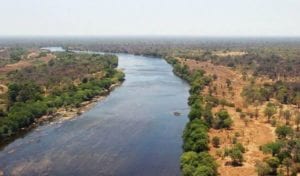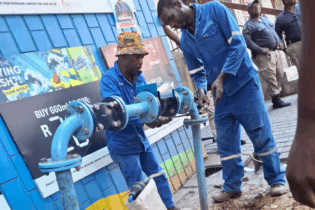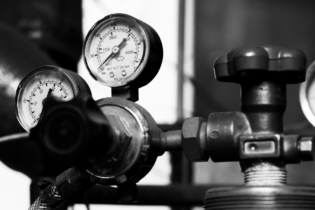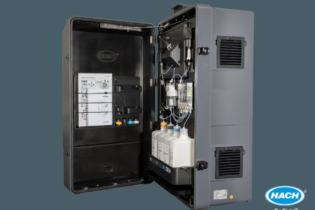South Africa is a water-scarce country and it is rated the 30th driest in the world, with a rapidly increasing population.
This is based on its average rainfall of 500mm per year compared to the world average of 860mm. “We use approximately 237 litres of water per person per day, while people in the rest of the world only use of 173 litres of water per person, per day,” DWS said in a statement. To make matters worse, our rivers and waterways continue to be threatened by excessive pollution of wetlands, and the general ecosystem. “If we pollute the river in one place, we affect the condition of the water downstream. A river can clean itself best when it is healthy, but it is unable to do so when it is continually polluted.” The need for water security, particularly in the face of global climate change and a multitude of impacts affecting our rivers, calls for a national approach to protect the countries rivers, wetlands, and broader catchments.In the context of the Western Cape, over 20 key rivers are being monitored across the province. Ecological indicators are being used to monitor the state, health or integrity of aquatic ecosystems using indicators that including water quality.
“In general, the state of our rivers is a mixed bag, as there are those with healthy status while others are significantly impacted by high levels of pollution from various sources, including waste discharge from industries and solid waste from settlements along the rivers,” said the DWS Benefits associated with clean rivers;- Communities benefit from clean and healthy rivers. Clean and freshwater assist communities in their daily activities including consumption, cooking, and washing. The fish that live in
- Communities use clean and healthy rivers to perform cultural rituals and recreation.
- Wetland vegetation can help economic development if it is harvested in a sustainable way







